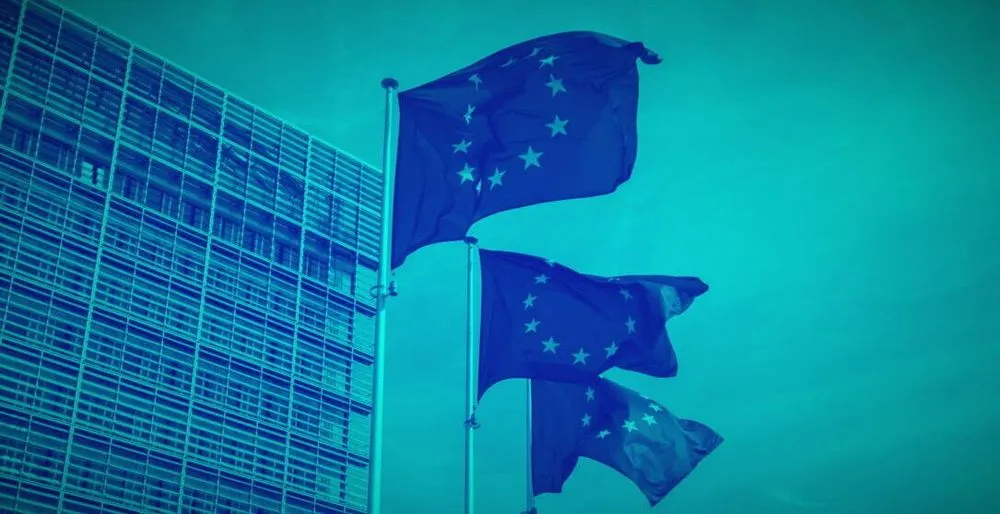EU extends sanctions against Chinese, Russian, and N. Korean hackers for another year
The European Union has extended today the legal framework that allows it to sanction foreign hackers, effectively extending its existing sanctions on Chinese, Russian, and North Korean hackers for another year, until May 18, 2022.
Adopted on May 17, 2019, Council Decision (CFSP) 2019/797 gave member states the ability to invoke EU-wide sanctions against threat actors that carried out cyberattacks their governments or the EU.
During its two-year lifespan, CFSP 2019/797 was used only twice.
It was used the first time in July 2020 to sanction:
- Chinese hackers for "Operation Cloud Hopper" [PDF] -- a series of intrusions against cloud providers, including several EU entities like SAP and Visma.
- Russian hackers for NotPetya -- a ransomware strain created and released by the Russian military in Ukraine, but which spread to all over the globe.
- Russian intelligence agents for an attempted cyber-attack on the Organisation for the Prohibition of Chemical Weapons (OPCW) in the Netherlands. At the time, the Dutch government was investigating the crash of Malaysia Airlines flight MH17 in Ukraine, brought down by a Russian missile.
- North Korean hackers for WannaCry -- a ransomware strain created by government hackers for the purpose of raising money for the regime, but which they lost control over.
It was then used again in October 2020, at Germany's request, to sanction the Russian hackers behind the 2015 cyberattack that breach the German Parliament's (Bundestag) internal network.
"Sanctions currently apply to eight individuals and four entities, and include an asset freeze and a travel ban," the Council of the European Union said today in a statement. "EU persons and entities are forbidden from making funds available to those listed."
Catalin Cimpanu
is a cybersecurity reporter who previously worked at ZDNet and Bleeping Computer, where he became a well-known name in the industry for his constant scoops on new vulnerabilities, cyberattacks, and law enforcement actions against hackers.



